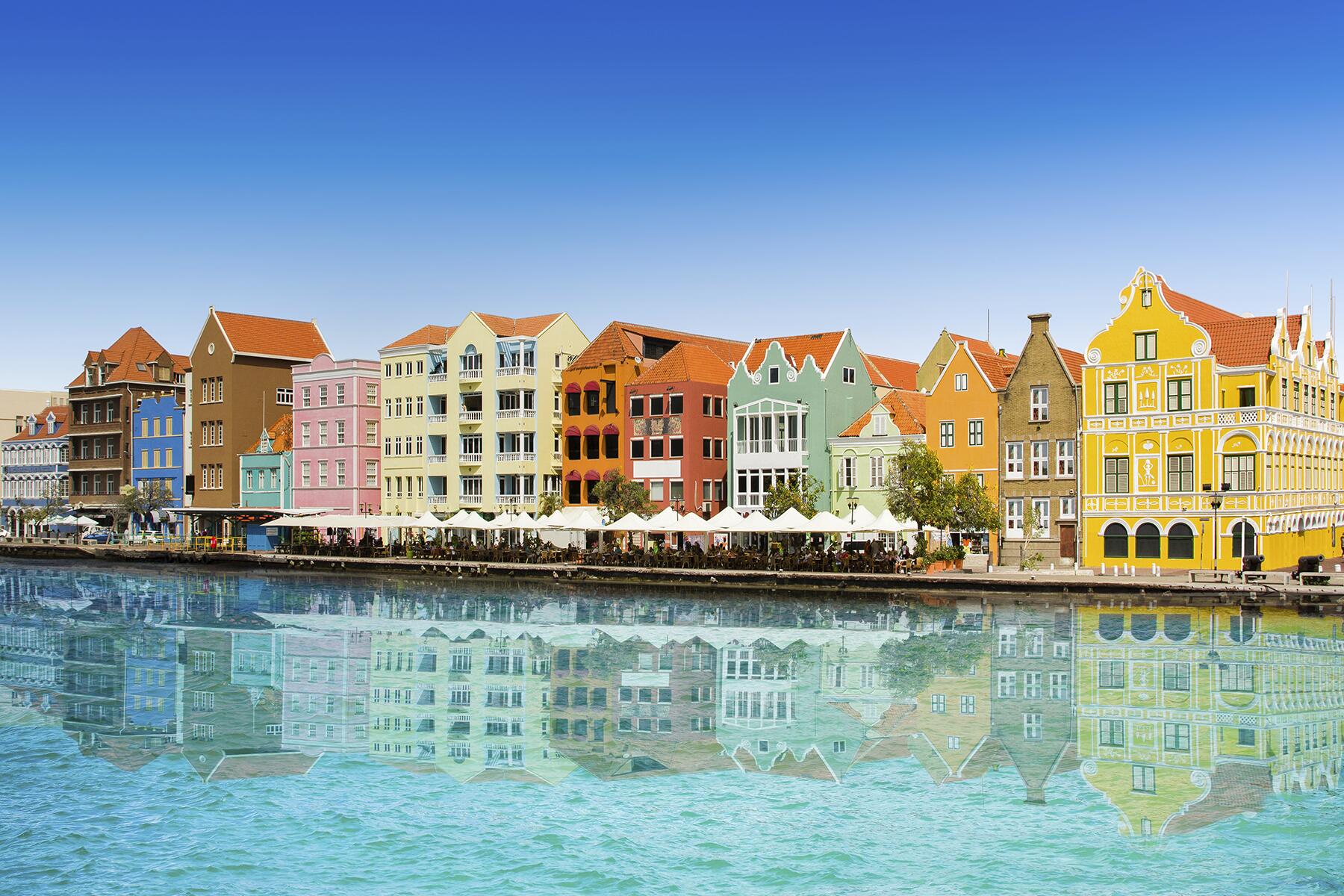This article contains frank discussions of suicide, trauma, and addiction.
I spent my 29th birthday in Madrid, Spain, where I’m currently based, having a meltdown in front of a guy I’d been casually dating, who decided to end the relationship with me that night. He told me in his broken English that there was somebody else, and I cried in my broken Spanish that I wanted to kill myself because this was the most recent in a string of guys who didn’t want a serious relationship with me. I woke up the next morning puffy-eyed and sobered. He took me for breakfast one last time and gently suggested I try therapy. At nearly 30, I realized I couldn’t keep up with my own emotions anymore and decided to look into a therapist.
While the ex-pat lifestyle might look amazing from afar and more and more people dream of remote work or living abroad, people often don’t realize how emotionally taxing the lifestyle can be. Stressors like language barriers, burnout, visa issues, loneliness, and cultural differences are very real and take place on a day-to-day basis. A 2008 survey compared the mental health status of ex-pats in various countries versus U.S. domestic workers and found that more than 50% of ex-pats were at higher risk for experiencing symptoms of depression and anxiety than their U.S. counterparts.
For people with mental illnesses and trauma survivors, their threshold for stress is significantly lower. Kelli Sanness, a licensed professional counselor and co-founder of Therapy Solutions, an online mental health clinic, explained how complex trauma, which she defined as long-term trauma that occurs during a person’s developmental years, has a “biological, emotional, and psychological effect on a person, and being overseas can amplify symptoms or reactivity to stressors experienced in a foreign country. This can affect their relationships, daily living, and ability to feel safe in their environment.”
Recommended Fodor’s Video
My trauma was born from my parents’ trauma. My mom had a tough childhood, leading her to drink, which eventually turned into a reliance on prescription medication after she was diagnosed with depression and anxiety. My dad, an immigrant from El Salvador, was brought up with an abusive father and a mother who also struggled with alcoholism, although she beat her addiction in 1980 when my dad was 16.
Their trauma manifested in my home through anger, lack of communication, and substance abuse. I was a lonely, only child, who was emotionally neglected and tried to escape through writing. As I grew older, my resentment for my mom manifested in a desire to be nothing like her. While her anxieties crippled her so much that she hardly opened the blinds and slept all day, I promised myself to never be too afraid to do the things I wanted. My generational trauma was the exact reason I decided to pack my bags and move to Spain in 2019, right before a cataclysmic global pandemic would take place.
After my mom overdosed in 2015, I spent a few years avoiding my grief and kept my head down as I finished university. Once I graduated in 2019, I moved from California to beautiful Madrid, Spain, to follow my dreams of being a freelancer. It was here in Spain that I would experience multiple waves of extreme depression, brought on by the pandemic, my aunt passing away from COVID in February 2021, failed relationships, and prolonged loneliness and isolation as I found myself living on my own for the first time.
Loneliness and prolonged isolation can be dangerous. “In isolation,” Sanness says, “you start to get into your head more. You start to withdraw, detract, detach, and if that’s already an issue for a person it can create more mental health problems.” For me, that meant days at a time spent at home and during the darker periods, drinking alone in the evenings feeling hopeless and terrified that I wouldn’t be able to manage the depression and anxiety.
I continued with therapy and implemented some of the techniques I’d learned and subconsciously, I began to feel a substantial increase in my mood and attitude. This was in May. As I write this now, at the end of July, I’m experiencing my third wave of depression. I’m not nearly as afraid though, because what the first and second waves showed me was that my depression comes in waves and it can be tough, but the truth is, I don’t want to die. I want to get better so that I can have the freedom to truly enjoy this nomadic lifestyle that has brought me so much fulfillment.
I’m incredibly grateful for finding a therapist, and for my old flame for suggesting I start looking, but the reality is that, for ex-pats, finding the right therapist can mean jumping through many hoops. From things like affordability, transportation, to cultural barriers that could make it hard to express yourself. “Insurance also differs in each county, and it could take months to get tapped into that country’s health care system,” Sanness told me.
Organizations like Therapy Solutions or The Truman Group, an ex-pat-focused remote practice that provides psychological counseling, can be amazing resources for ex-pats ready to take that step. Truman Group offers brief initial conversations free of charge to discuss if therapy might be a good fit, but for those who aren’t ready for that step, there are other ways to cope. Social groups, physical movement, and having a network of safe and reliable people are essential, and lacking these crucial pillars could be even bigger stressors than the nuances of living in a foreign country.
Emily Boland, the director of clinical operations for The Truman Group, said, “When I started working with ex-pats, I thought it’d be all about cultural adjustment, but I noticed a lot of the stressors were related to the lack of a safety net or support.”
If there was something I could have done differently in my journey to become an ex-pat, it would have been gathering a group of people I could trust and talk to as well as setting up systems or a daily routine that brings me back to reality. Unfortunately, I didn’t learn a proper baseline for healthy relationships or coping mechanisms, and so my struggles were really showcased once I arrived in Madrid.
For anyone considering making the move abroad but are concerned about how to cope, Boland says, “I found it’s less about can you live overseas with mental health issues, and more about asking yourself what are the resources available once I’m there.” Arriving in a new country isn’t the most emotionally taxing part, as the beginning of a move is usually considered the honeymoon stage, but a few months in is where people will want to be sure they have a support system and resources in place. “Every U.S. Embassy website has an American citizen services link,” Boland continues, “and you can find medical referrals, like therapists and psychiatrists.”
Sanness agrees with making sure you’ve got resources in place before the move, if possible, and recommends that even if you are worried about living abroad with a mental illness, you should still give the lifestyle a shot. “Travel, but in a way that has guided expectations, is safe and if possible, at a point in your health that’s stable. Check with a doctor to create safeguards, make sure medications are in order and legal in the other country, and have emergency people on the ground.”
My journey as an ex-pat is far from over, and neither is my journey processing my trauma, and although I don’t have all the answers, the resources and tools that are available and the progress I’ve made have given me some hope.
If you or someone you know is having thoughts of suicide, call the National Suicide Prevention Lifeline, free of charge, at 800-273-8255 or visit their website here.



